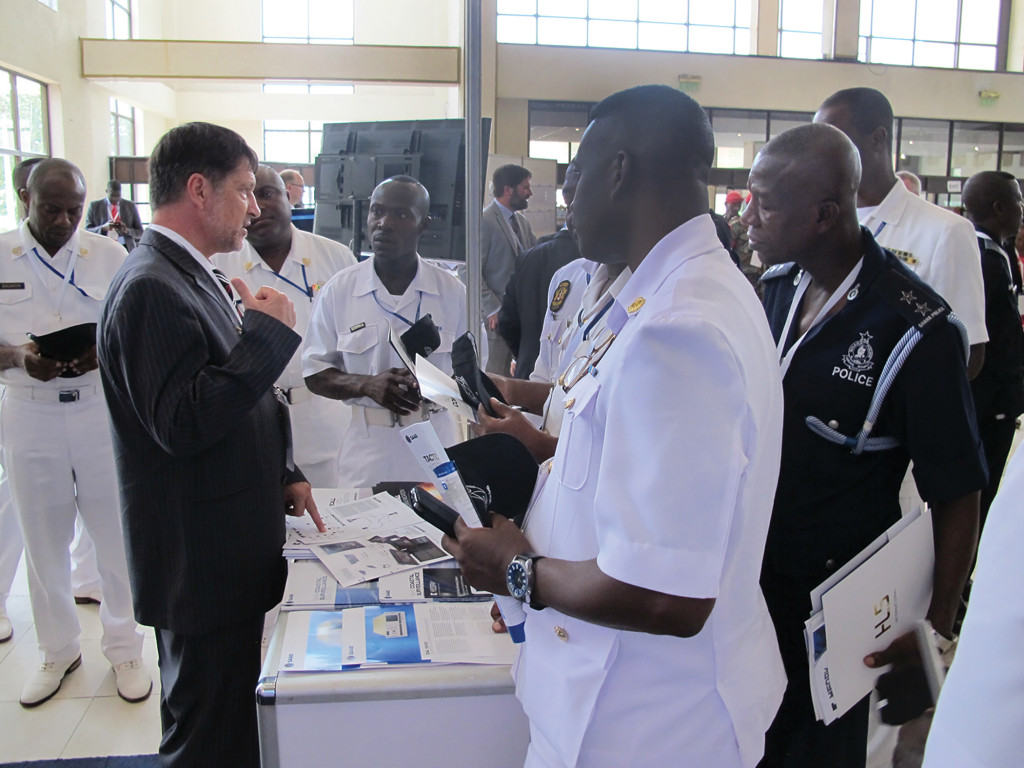
Maritime security has taken the center stage in recent times in the Gulf of Guinea region. Crimes at sea have assumed alarming proportions and are posing a huge threat to global commerce.
About 90 percent of the world’s trade is undertaken via sea. With resources such as oil and gas, we serve the energy needs of many nations. The economies of many nations depend heavily on the maritime domain and the growing concerns of the security of the domain.
International collaboration is, therefore, the best way forward. However, international collaboration is not the only measure required to deal with the problem. Coordination among agencies within states is also critical to ensure effective maritime security.
Based on this awareness, national, regional, and international initiatives and strategies are being explored to find solutions to the growing threat. The traditional security approach of physically protecting and securing the maritime domain has devolved due to technology. Physical presence is no longer a prerequisite to detect crimes at sea. We in Ghana have installed the Vessel Traffic Management Information System — VTMIS — along our coasts and are now reaping the benefits of this system. Maritime domain awareness for security agencies is significantly improved, and they are now able to detect crime at sea through monitoring from shore.
Currently, stakeholders in the maritime industries are making huge investments in infrastructure, driving the need for security and protection solutions. Governmental organizations now have a growing preference for an all-in-one solution, which offers flexible integration of individual security systems such as surveillance, weapons and command-and-control systems. It is also important that systems are interoperable among the friend agencies and countries.
Ghana discovered oil in 2007 and commenced production in December 2010 from the Jubilee Oil Field 60 kilometers offshore. Two other fields are also in the process of development. These discoveries and subsequent developments have led to the influx of several offshore installations, including mobile offshore drilling units and the FPSO [floating production storage and offloading vessel] Kwame Nkrumah.
Traffic in Ghana’s maritime domain has already shot up. With the huge investments in the maritime domain, it is imperative that pragmatic steps are taken to provide adequate security and protection in the domain. The government of Ghana recognizes the strategic importance of the maritime domain and is committed to equipping the Ghana Navy and other relevant security agencies to adequately secure this environment.
Additionally, the augmented fleets of the Ghana Navy and the establishment of the maritime police are part of the many initiatives to achieve the objective of securing the maritime environment. In fact, the Ghana Navy was recently in the news for arresting eight pirates who had hijacked a tanker in Ghanaian waters, thanks to an effective monitoring system and capable platforms provided by the government in recent years. Plans are far advanced to acquire offshore patrol vessels with helicopter landing decks for the Navy in order to improve their monitoring and response capabilities.

